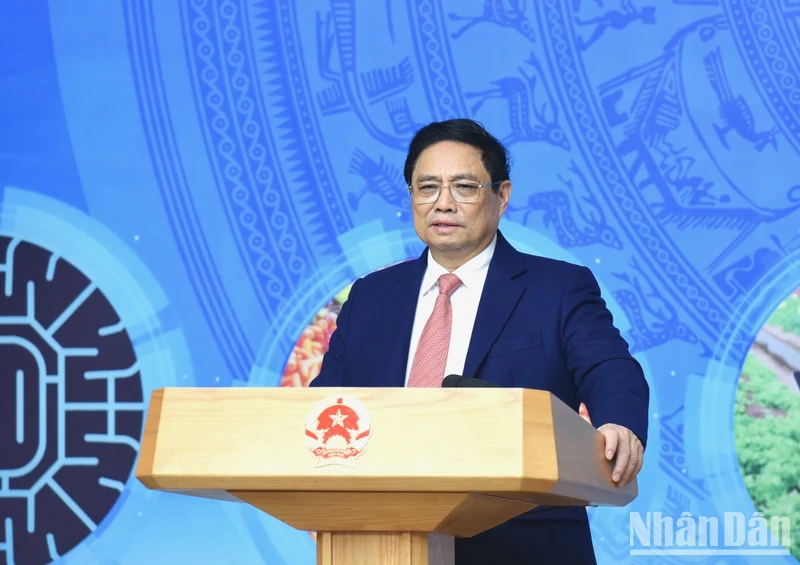 |
Prime Minister Pham Minh Chinh delivered the opening speech at the forum.
Co-chairing the Forum was Deputy Prime Minister Le Minh Khai - Head of the Steering Committee for Innovation and Development of Collective Economy and Cooperatives; also attending at the Government Headquarters were representatives of leaders of ministries, departments, branches, central agencies; experts, scientists, diplomatic agencies, international organizations. The Forum was broadcast live to the headquarters of the People's Committees of 63 provinces and centrally-run cities. |
Forum view.
In his opening remarks, Prime Minister Pham Minh Chinh emphasized that this is an annual event of the Government, a Forum of important significance, a place to share, exchange, and propose important directions and policies to remove difficulties, overcome challenges, take advantage of opportunities, and develop the collective economic sector and cooperatives. Vietnam is celebrating the 100th anniversary of the founding of the Party and the country, so it is necessary to mobilize all resources and economic sectors for rapid and sustainable development based on science and technology, innovation, digital transformation, green transformation... in line with world trends, in which resources must be mobilized from different economic sectors, especially cooperatives.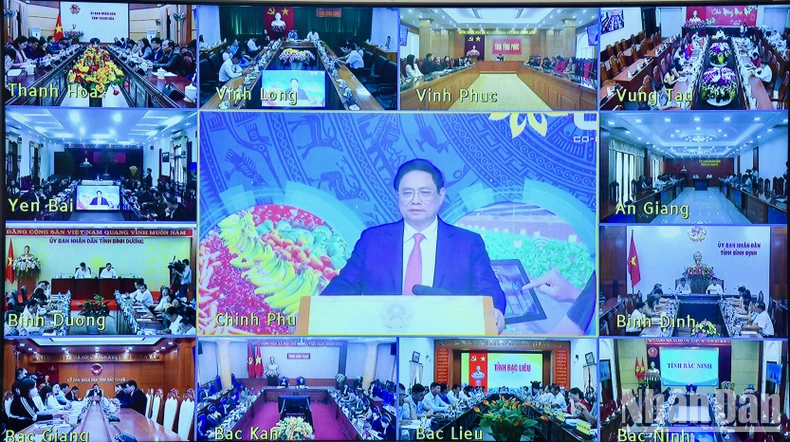 |
The conference took place in person at the Government Office and online to provinces and cities across the country.
The Prime Minister pointed out that the process of formation and development of cooperatives in the world has gone through more than 200 years. In Vietnam, the collective economy, with cooperatives as its core, has also been formed and developed for nearly 70 years and has made important contributions to the cause of national liberation, construction and protection of the Fatherland. The collective economic sector is one of the four important economic sectors in the socialist-oriented market economy of Vietnam (including the State economy, collective economy, private economy, and foreign-invested economy).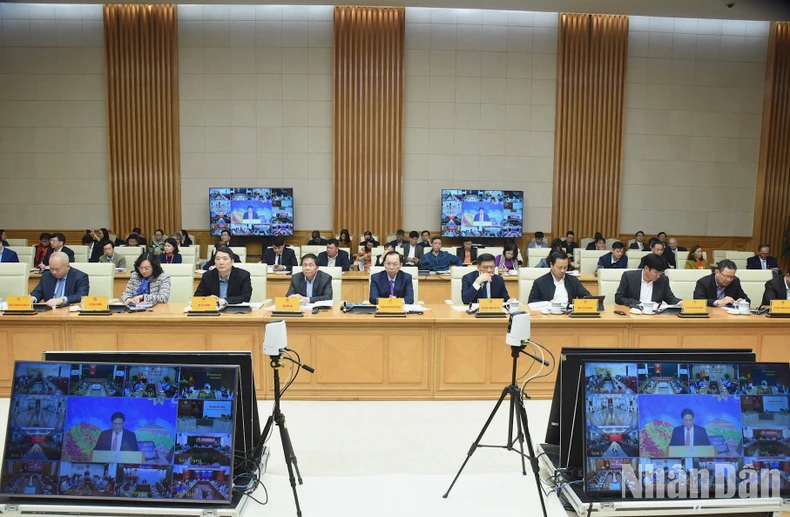 |
Representatives of leaders of ministries, departments and branches attended the forum.
Over the past years, the Party, State, Government, all levels, sectors and localities have always paid attention to and issued and implemented many policies, mechanisms and strategies to develop the collective economy and cooperatives. Up to now, the collective economic sector has basically overcome the prolonged weakness. Cooperatives have basically completed the transition to a new model. The number of newly established cooperatives and cooperative unions has increased significantly, developing more diversely in terms of occupations, scale and qualifications; providing better support for members, creating jobs and increasing income for workers. The connection between cooperatives and with enterprises and other economic organizations has initially developed. The Prime Minister noted that Vietnam is a developing country with a transitional economy, limited economic scale, large openness, and limited resilience to external shocks, so the way to do it is to apply what is ripe, clear, proven to be correct in practice, and agreed by the majority; not to be perfectionist, not hasty. The Prime Minister made it clear that when organizing implementation, it must be appropriate to the situation and circumstances.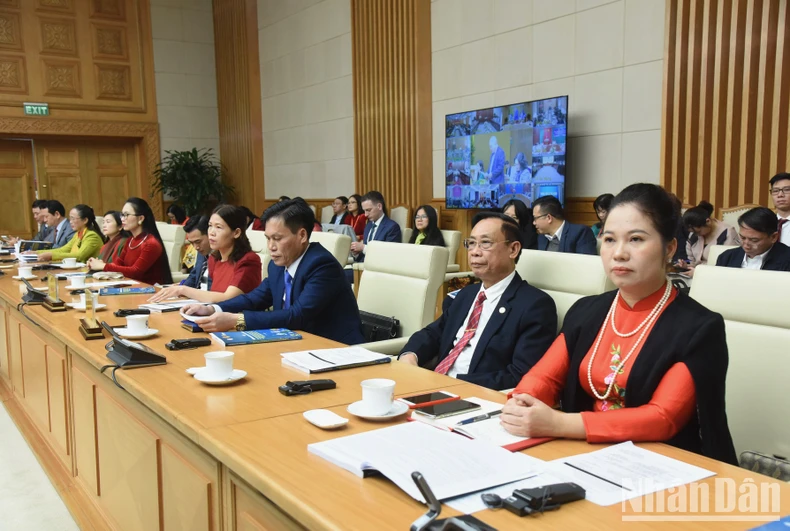 |
Representatives of leaders of ministries, departments and branches attended the forum.
However, the collective economic sector of our country has not yet developed as targeted and required. The growth rate and contribution rate of the collective economic sector to GDP are still low. Some members participating in cooperative activities are still formalistic, not fully exercising their rights and obligations. The efficiency of cooperative activities is not high, the organizational model is loose and inappropriate; the level of management staff is limited; most cooperatives and cooperative groups are small in scale, with a narrow scope of operation and low competitiveness. Joint ventures and associations between cooperatives and between cooperatives and other economic organizations are not yet popular. As stated in Resolution No. 20-NQ/TW: "Although there are many preferential and support policies for the collective economy, they are spread out, dispersed, mainly integrated, lacking concentration, not unified, lacking resources or not feasible". From there, we must have new thinking, methodology, and approaches to contribute to removing difficulties, limiting shortcomings, weaknesses, and overcoming challenges. At this Forum, the Prime Minister asked delegates to exchange, discuss, and share in a frank and responsible spirit, focusing on a number of main contents: analyzing the development status of the collective economic sector and cooperatives; what has been done, what has not been done; existence, limitations and causes; analyzing opportunities, challenges and support needs in the collective economic sector and cooperatives in the coming time; valuable experiences, good lessons domestically and internationally; suggesting breakthrough solutions to remove difficulties and obstacles, especially in attracting social resources; strengthening links between members participating in the collective economy; Improve the effectiveness of coordination between ministries, branches, localities, between public and private sectors... so that the collective economic sector and cooperatives can fundamentally and strongly change their production and business methods to meet the requirements of the new development situation.According to the Ministry of Planning and Investment, as of December 31, 2022, the country had 29,378 cooperatives, 125 cooperative unions and 71,000 cooperative groups. Compared to 2021, the number of cooperatives increased by 2,036 (up about 7%), cooperative unions increased by 18 (up about 17%) and the number of cooperative groups decreased by more than 2,000 (down about 3%).
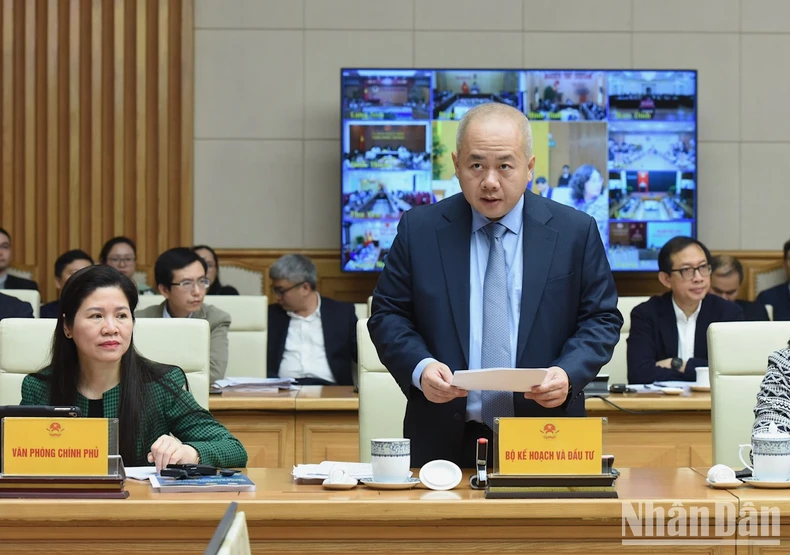 |
Representatives of the Ministry of Planning and Investment spoke at the forum.
It is estimated that in 2023, the country will have about 31,700 cooperatives, 158 cooperative unions and 73,000 cooperative groups. Compared to 2022, the number of cooperatives will increase by about 2,200 (equivalent to an increase of 7.9%), the number of cooperative unions will increase by 23 (an increase of about 26.4%) and the number of cooperative groups will increase by about 2,000 (an increase of 2.8%). The number of newly established cooperatives in 2023 will reach about 2,700, while nearly 400 will be dissolved. Of the total number of cooperatives nationwide, there are 20,357 agricultural cooperatives and 11,343 non-agricultural cooperatives. In general, the performance indicators of cooperatives, cooperative unions and cooperative groups in 2022 will all increase compared to the previous year, as the Covid-19 pandemic has been controlled; The Government has implemented many policies to support businesses, cooperatives, business households and people to restore production and business; cooperatives are making efforts to find markets and increase production. The average revenue of cooperatives reached VND 3,592 million/cooperative/year, an increase of VND 935 million (up 35%) compared to 2021. The average profit of a cooperative in 2022 is VND 366 million/cooperative/year (an increase of VND 152 million, equivalent to an increase of about 71% compared to 2021); the average income of a regular worker in a cooperative in 2022 is VND 56 million/person (an increase of about VND 4 million, equivalent to an increase of 8% compared to 2021). |
Prime Minister Pham Minh Chinh and delegates visited the photo exhibition on cooperative economy at the forum. By June 2023, the country had 1,718 agricultural cooperatives applying high technology and digital technology in production and business, with over 4,339 agricultural cooperatives undertaking the purchase of agricultural products, equivalent to 24.5% of the total number of agricultural cooperatives, while this rate was only 5-7% before 2015.



![[Photo] Comrade Nguyen Duy Ngoc visited and worked at SITRA Innovation Fund and ICEYE Space Technology Company](https://vphoto.vietnam.vn/thumb/1200x675/vietnam/resource/IMAGE/2025/10/23/1761174470916_dcngoc1-jpg.webp)
![[Photo] General Secretary To Lam and his wife begin their official visit to Bulgaria](https://vphoto.vietnam.vn/thumb/1200x675/vietnam/resource/IMAGE/2025/10/23/1761174468226_tbtpn5-jpg.webp)
![[Photo] Da Nang: Shock forces protect people's lives and property from natural disasters](https://vphoto.vietnam.vn/thumb/1200x675/vietnam/resource/IMAGE/2025/10/22/1761145662726_ndo_tr_z7144555003331-7912dd3d47479764c3df11043a705f22-3095-jpg.webp)

![[Photo] Award Ceremony of the Political Contest on Protecting the Party's Ideological Foundation](https://vphoto.vietnam.vn/thumb/1200x675/vietnam/resource/IMAGE/2025/10/22/1761151665557_giaia-jpg.webp)




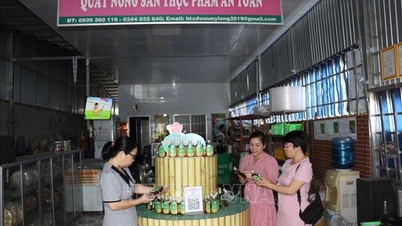



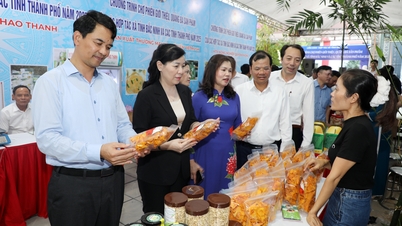



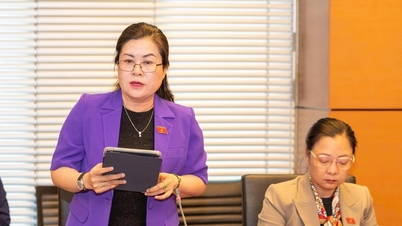

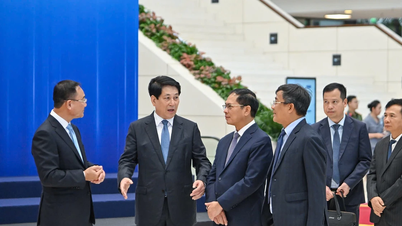


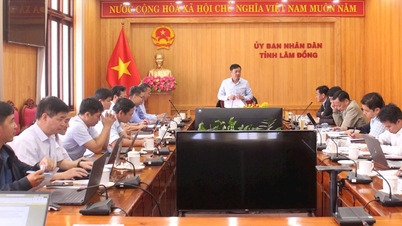


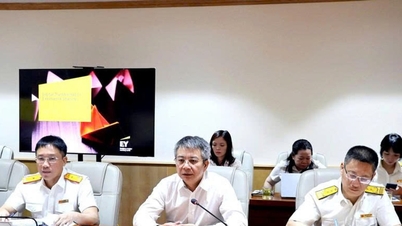




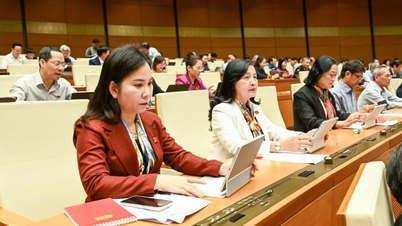











































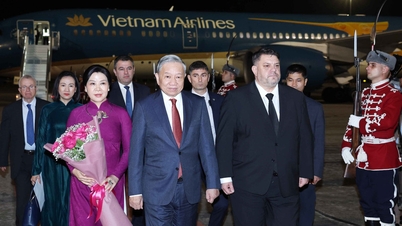










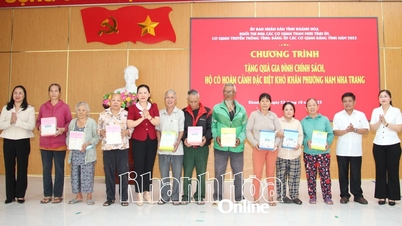






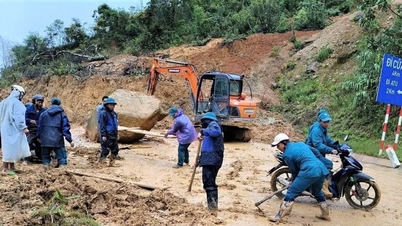

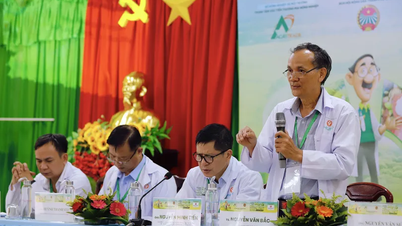














Comment (0)